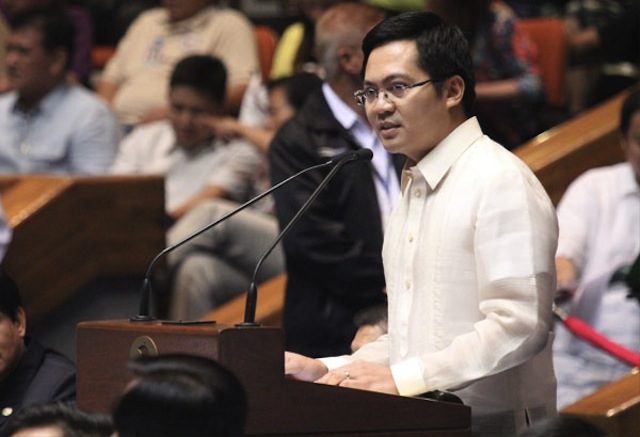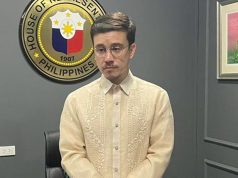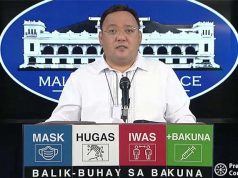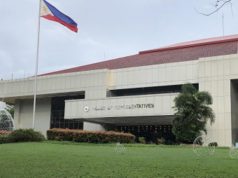MANILA – Against the backdrop of government underspending that started from the previous administrations, the House of Representatives has begun tackling in plenary the proposed P3.767 trillion budget for 2018.
Davao City Representative Karlo Nograles, chairperson of the appropriations committee, acknowledged that underspending has hounded the budget of the past years that made some agencies miss their targets to the detriment of the people.
For 2018, Nograles said the validity of appropriations would be cut short to one year “to strengthen discipline and accountability among agencies.”
“We will ensure fiscal discipline, and ensure that we will discipline our departments, kailangan nilang gastusin ang perang nakalaan sa kanila [They must spend the money allocated to them],” he said during interpellation.
He added that setting the validity period of the budget to one year will also help expedite program implementation and budget execution. He said the validity of the 2016 budget was for two years, which explains why some agencies are still spending funds from the 2016 appropriations up to now.
Because of the agencies’ inability to spend their entire budget, around P25.7 billion was reverted to the National Treasury.
Kabayan partylist Rep. Harry Roque remarked that there might not be need for new taxes, such as the excise tax on fuel products, if only agencies will be diligent in using their appropriations.
“Baka naman hindi na kinakailangan ituloy ang TRAIN (Tax Reform for Acceleration and Inclusion) . . .if agencies will spend their budget,” Roque said.
Minority Leader Danilo Suarez noted that the 2018 budget is an “election budget” in preparation for the 2019 midterm elections, and that’s why it was important for the government to deliver its promised programs and projects to the people.
“We understand that this is a budget for 2019 elections . . . if we don’t deliver projects to our constituents, then we don’t get reelected,” he said.
Suarez said one of the reasons for the laggard spending were the stringent guidelines set by the Commission on Audit.
“Baka napaka-rigid kaya naka-curtial ang spending, that’s why we want to find out what we can do,” he said.
As for the P3.35 trillion 2017 budget, Nograles said that as of June 30, the total obligation rate was 46 percent.
“Of course, it varies according to departments,” he added.
According to the Congressional Policy and Budget Research Department (CPBRD), the utilization rate of the budget of the national government shows its absorptive capacity.
In 2011, of the P1.818 trillion available appropriations, the unused appropriations was P238.9 billion; in 2012 (P2.045 trillion available appropriations, P216.2 billion unused); in 2013 (P2.201 trillion available appropriations, P203.5 billion unused); in 2014 (P2.411 trillion available appropriations, P392.1 billion unused); in 2015, (P2.901 available appropriations, P486.8 billion unused); and in 2016 (P3.279 available appropriations, P596.7 billion unused).
There are two instances whereby appropriations can be considered unused – one, when it unreleased by the Department of Budget and Management; and two, when the agencies fail to utilize the allotments released to them, the CPBRD said.
The Department of Education (DepEd) and the Department of Public Works and Highways (DPWH), which get the biggest allocation in the annual budget also posted the highest amount of unused appropriations.
In 2016, the total unused appropriations of the DepEd and DPWH amounted to P57.6 billion and P114.5 billion, respectively. Other departments will relatively high unused appropriations include the following: Department of Tourism (P30.8 billion); Department of National Defense (P23.5 billion); Department of Social Welfare and Development (P23 billion); and, Department of Health (P16.2 billion).










